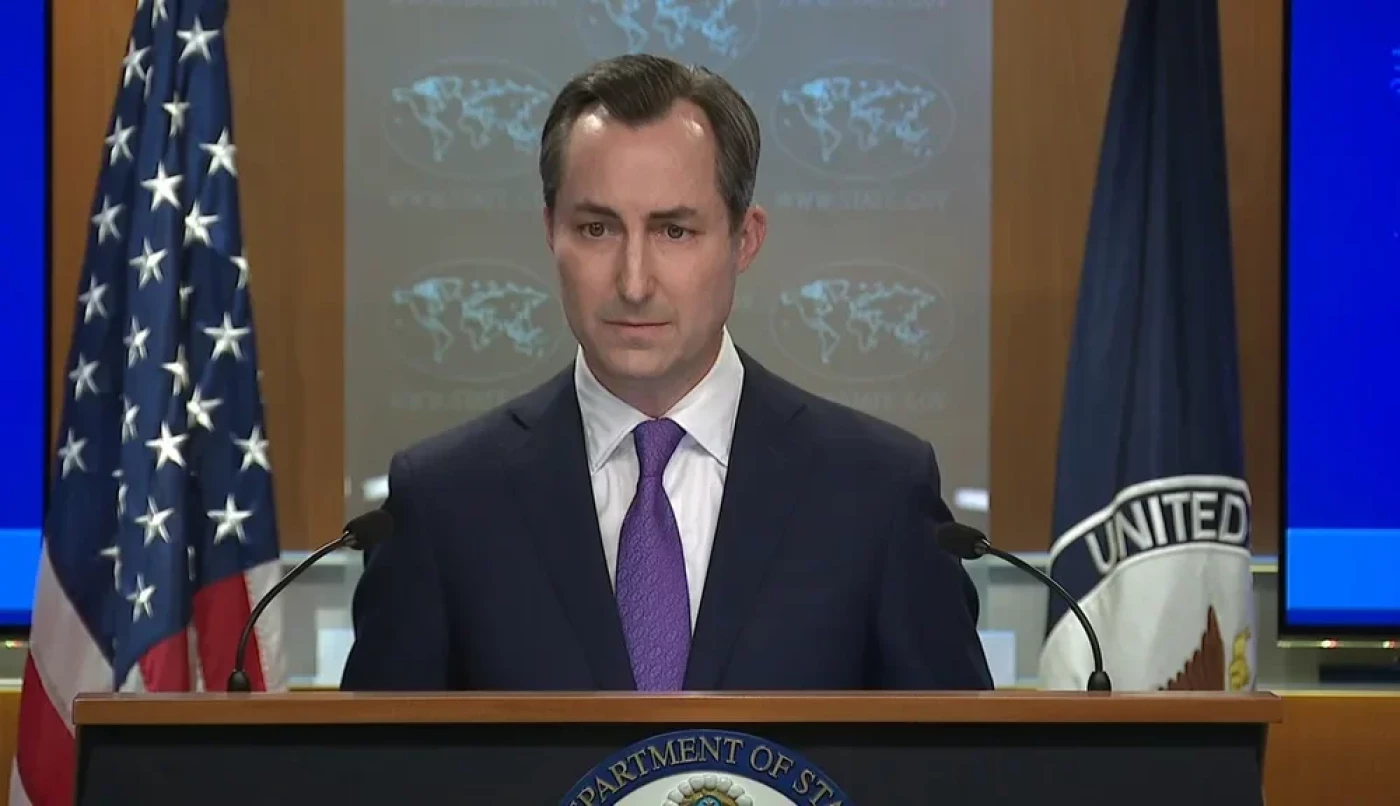The US condemns recent attacks on American franchise restaurants in Iraq, spokesperson to the US State Department told reporters on Tuesday.
At a press conference on Tuesday, US State Department spokesperson Matthew Miller informed reporters that the US is “tracking the reports about the attacks on KFC and other brands,” and that they “condemn the act of violence.”
“We welcome the statement by Iraqi authorities that they are investigating the attack and want to see them fully do so,” he added.
In a series of coordinated attacks in Baghdad, a KFC branch in Karrada was assaulted by masked assailants early Monday, following an IED attack on another KFC branch in Palestine Street less than 24 hours earlier.
An armed attack was conducted on a #KFC branch in #Baghdad's Karrada area by masked men in black vehicles.#TheNewRegion pic.twitter.com/pjSwHytF00
— The New Region (@thenewregion) May 27, 2024
Videos on social media showed several individuals storming the Karrada restaurant and destroying its contents.
Hours later, an explosion on Palestine Street targeted Lee's and Chilli House restaurants with an explosive device.
Iraqi Minister of Interior Abdul Amir al-Shammari responded to recent attacks by overseeing the reopening of affected areas and directing accountability measures within the security forces.
Shammari announced that several suspects have been arrested and that ongoing search operations are based on precise intelligence.
The minister emphasized the government's commitment to maintaining public safety and security through decisive action in areas where attacks occur.
In 2003, the US invasion of Iraq marked a pivotal moment, leading to significant changes in the country and the wider world.
Fast forward two decades, and American ambassador Alina Romanowski attended the opening of Erbil's newest Burger King outlet, signaling a shift in diplomatic relations symbolized by fast-food diplomacy.
The spread of fast-food chains and American consumer culture, characterized by excess and convenience, is evident in the Iraqi market.
This trend mirrors a broader pattern seen in international relations and globalization, with fast food serving as a symbol of economic and cultural influence.
Prior to the invasion, economic sanctions and limited access prevented American fast-food brands from operating in Iraq. However, post-invasion, Iraq has witnessed a surge in American fast-food chains, reflecting a long-standing demand for such products.



 Facebook
Facebook
 LinkedIn
LinkedIn
 Telegram
Telegram
 X
X


